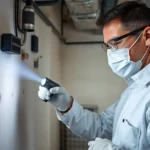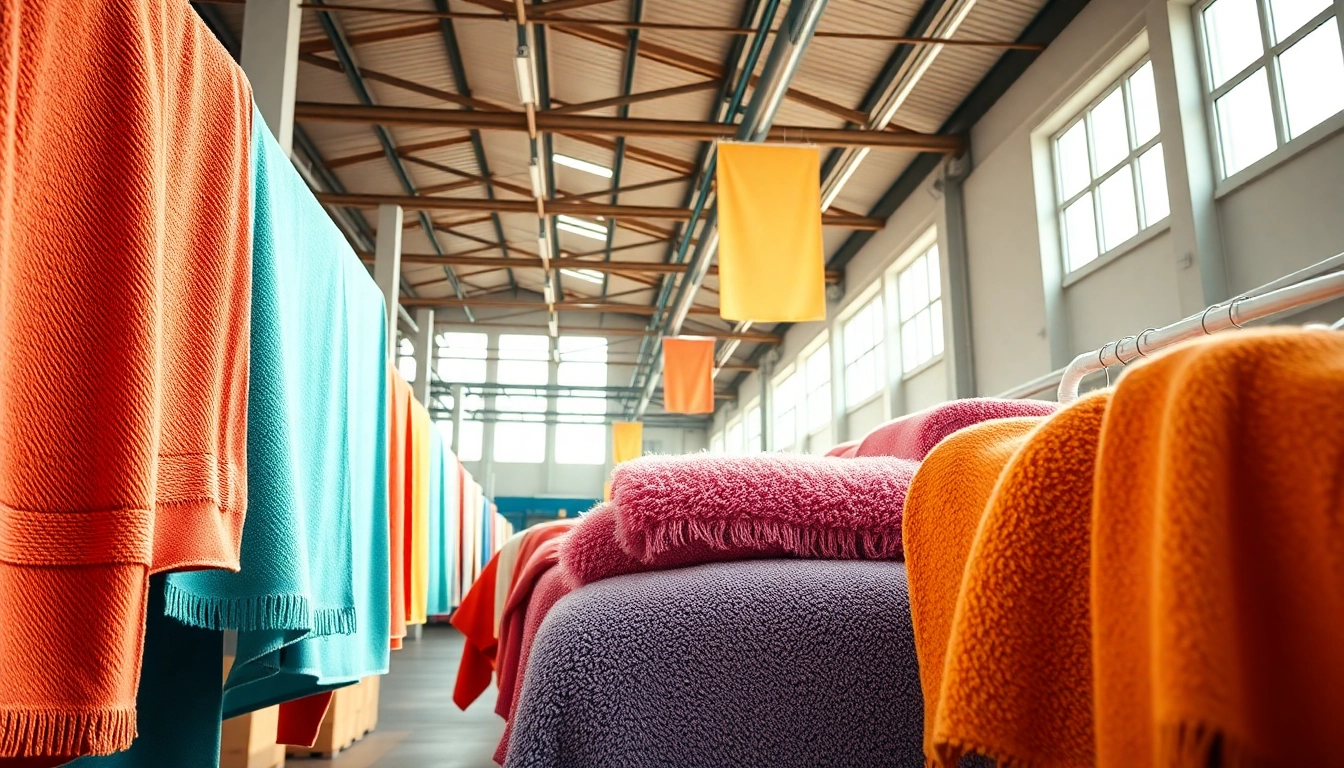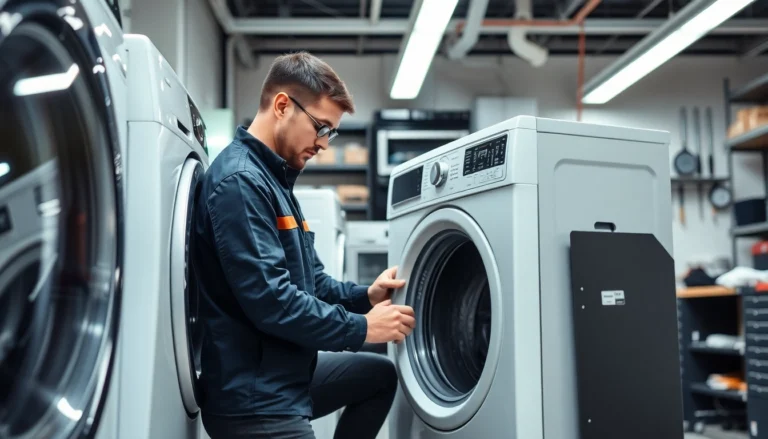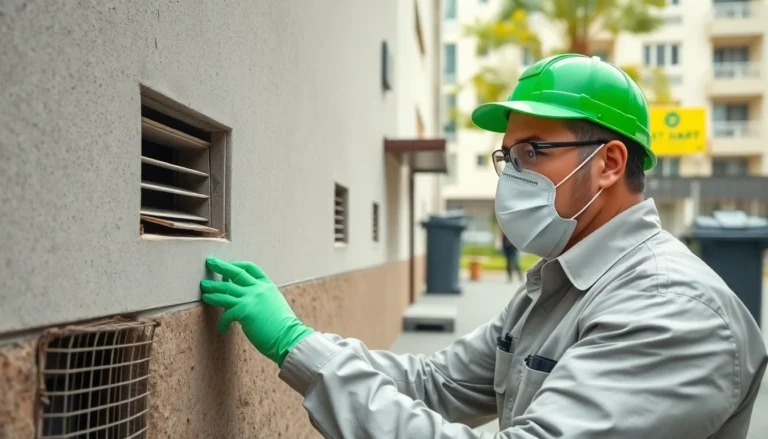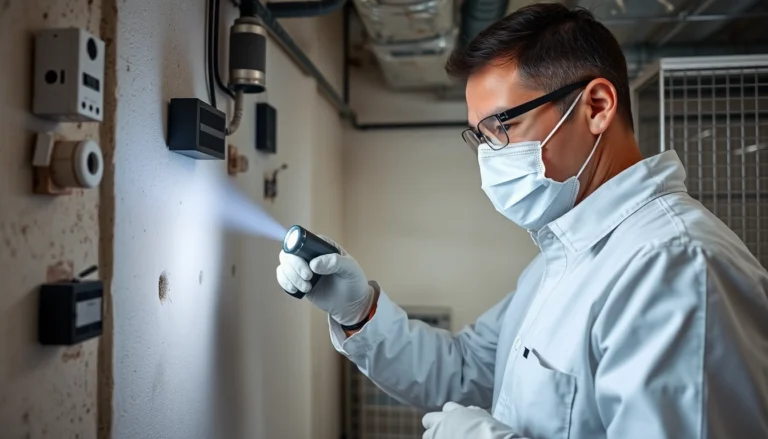Understanding the European Towels Manufacturing Industry
The European towels manufacturing industry has evolved significantly over recent years, driven by shifting consumer preferences, sustainability demands, and technological advancements. As an integral part of both hospitality and retail sectors, European towel producers boast diverse capabilities ranging from luxury and eco-friendly products to high-volume bulk supplies. For entrepreneurs, distributors, and hospitality industry stakeholders seeking reliable partners, recognizing the current market landscape and key players is crucial. To explore a comprehensive range of options, visit our Towels manufacturer in Europe page, which showcases top manufacturers committed to quality and sustainability.
Market Overview and Industry Trends in Europe
Europe’s towel manufacturing landscape is characterized by a blend of tradition and innovation. Countries like Italy, Portugal, and Sweden have established themselves as leaders in producing premium, environmentally conscious textiles. Market research indicates a steady growth trajectory fueled by rising demand for eco-friendly and organic products, especially in premium hospitality and wellness sectors. The global emphasis on sustainability has prompted manufacturers to incorporate organic cotton, recycled fibers, and eco-friendly dyes into their processes.
One notable trend is the surge in private-label products, where brands seek customized solutions to differentiate themselves. Additionally, technological advances such as digital printing and eco-efficient weaving improve both quality and customization capabilities. The European market also benefits from strict quality standards, including GOTS (Global Organic Textile Standard), OEKO-TEX®, and ISO certifications, which bolster international trust and export potential.
Key Players and Market Leaders
Leading companies like Kapatex s.r.o. and Almatex S.R.L. exemplify Europe’s manufacturing excellence, offering high-quality embroidered and luxury towels respectively. Oasis Towels has positioned itself as a top wholesale manufacturer, serving clients across Europe with bulk supplies. Other notable players include HNB Europe, known for hospitality textiles, and UK-based Bursali Towels, which supplies premium spa and hotel towels. These organizations emphasize substantial production capacity, innovation, and certification standards, enabling them to compete in both domestic and international markets.
Innovations and Sustainability Practices
Innovation drives sustainability in European towel manufacturing. Some advanced practices include the use of organic and recycled materials, water-saving dyeing techniques, and energy-efficient weaving processes. Companies such as Ekelund in Sweden prioritize organic cotton and linen, crafting eco-friendly towels from renewable resources. Furthermore, many manufacturers are adopting circular economy principles by designing products that are durable, washable, and recyclable, prolonging lifespan and reducing waste.
Biodegradable packaging, reduced chemical usage, and certification standards like OEKO-TEX® 100 demonstrate a commitment to eco-responsibility. These efforts not only meet consumer expectations but also reduce regulatory and environmental risks, enabling brands to position themselves as sustainability leaders.
Choosing the Right Towels Manufacturer in Europe
Factors to Consider: Quality, Certifications, and Capacity
Choosing a reliable manufacturer requires evaluating multiple aspects. Quality assurance begins with raw material sourcing—preferably organic or sustainably farmed cotton. Certifications such as GOTS and OEKO-TEX® validate eco-friendly and chemical-free manufacturing processes. Production capacity is equally vital, especially for bulk orders or private label solutions. Manufacturers should demonstrate consistent output capability without compromising quality.
How to Evaluate Manufacturer Reliability and Experience
Experience is a strong indicator of reliability. Look for manufacturers with a proven track record in producing towels for major hospitality brands or retail chains. Request detailed case studies, client testimonials, and references. Visiting manufacturing facilities or requesting samples can provide tangible insights into craftsmanship, material quality, and operational transparency. Assigning dedicated account managers can streamline communication and ensure clarity during order fulfillment.
Finding Private Label and Custom Solutions
Custom branding options such as private label towels are essential for brand differentiation. Leading manufacturers offer customization in color, size, embroidery, and packaging. Collaborating with manufacturers who facilitate design flexibility, rapid prototyping, and MOQ (Minimum Order Quantity) options can expedite market entry and elevate brand presence. Clear contractual agreements and quality benchmarks are necessary to maintain consistency.
Manufacturing Processes and Quality Assurance
Raw Material Selection and Sustainable Sourcing
High-quality towels start with raw materials. European manufacturers increasingly prefer organic cotton cultivated without pesticides or synthetic chemicals. Sourcing from certified farms ensures traceability and environmental compliance. Some manufacturers also incorporate recycled fibers derived from post-consumer textiles, which contribute to a circular economy model and reduce environmental footprint.
Production Techniques for Durable, Soft Towels
Modern manufacturing employs techniques such as combed cotton weaving, twisted yarn technology, and advanced finishing processes to enhance towel softness, absorbency, and durability. Innovations like zero-twist yarns result in plush, lightweight towels, while traditional terry weaving provides excellent absorbency for bulk and hospitality markets. The choice of yarn, loom technology, and finishing influences tactile feel and performance.
Quality Control and Certification Standards
Robust quality control involves multiple stages, from raw material inspection to final product testing. Certifications like OEKO-TEX® ensure chemical safety, while standards like ISO 9001 guarantee quality management. Manufacturers performing regular audits and adhering to international standards help mitigate risks associated with product recalls or non-compliance, ensuring long-term trust with clients.
Logistics, Delivery, and Partnership Building
Efficient Supply Chain Management in Europe
European towel manufacturers leverage proximity and advanced logistics networks to optimize delivery times and reduce costs. Strategic warehouse locations, integrated ERP systems, and partnerships with reliable freight companies facilitate just-in-time production and delivery. Emphasizing transparency in supply chain processes enhances trust and allows clients to plan inventory effectively.
Building Long-term Relationships with Manufacturers
Successful partnerships rest on clear communication, collaborative development, and mutual growth plans. Regular site visits, shared sustainability goals, and performance reviews foster loyalty. Long-term relationships enable manufacturers to offer better lead times, flexible customization, and competitive pricing, assuring stability in supply chains amid market fluctuations.
Cost Optimization and Lead Times
Negotiating lot sizes, exploring flexible MOQs, and leveraging economies of scale contribute to cost savings. Advanced planning and early engagement with manufacturers help reduce lead times, which is critical in fast-paced retail cycles or large hospitality projects. Maintaining open dialogue about capacity and delivery schedules prevents bottlenecks.
Future Outlook and Growth Opportunities in European Towel Manufacturing
Emerging Trends and Consumer Preferences
There is a discernible shift towards luxury, sustainability, and health-conscious products. Consumers increasingly prefer organic, hypoallergenic, and antimicrobial towels, particularly in wellness and spa sectors. Customization, eco-labeling, and innovative designs will continue to influence market growth.
Technological Advancements and Eco-Innovation
Investments in digital printing, smart textiles, and energy-efficient weaving machines are streamlining production and enhancing product innovation. The adoption of biodegradable packaging and renewable energy sources further aligns the industry with global sustainability goals.
Expanding Market Demand and Export Opportunities
European manufacturers are expanding beyond regional markets, tapping into emerging economies and global retailers. Certification standards and eco-labels facilitate international trade, enabling producers to compete on quality and sustainability credentials worldwide.





